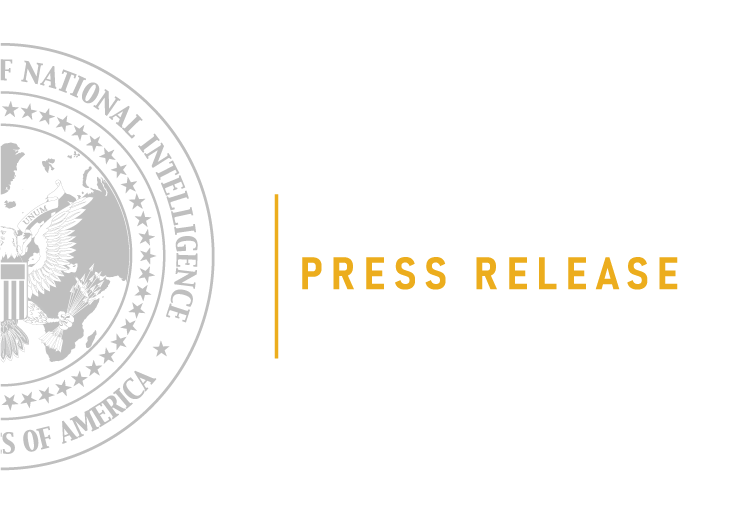February 29, 2016
The Letter
The Department of Justice has released today in redacted form a previously classified 2002 letter from former Deputy Assistant Attorney General John Yoo of the DOJ Office of Legal Counsel addressed to former Foreign Intelligence Surveillance Court Presiding Judge, Colleen Kollar-Kotelly. The letter was designed to address certain questions that Judge Kollar-Kotelly raised during her first briefing on May 17, 2002, concerning certain collection activities authorized by President George W. Bush shortly after the attacks of September 11, 2001, referred to as the President’s Surveillance Program. As described in the publicly released Inspectors General reports concerning the PSP dated July 10, 2009 (published April 25, 2015 and September 21, 2015), Judge Kollar-Kotelly was permitted to read the letter, but was not authorized to retain a copy or take notes. The 2002 letter purports to generally outline the scope of the President’s legal authority to conduct possible electronic surveillance techniques after the attacks of September 11, 2001. Beginning in 2004, the Department of Justice thoroughly reexamined the factual underpinnings and legal analysis for the PSP culminating in a legal opinion issued by the Office of Legal Counsel on May 6, 2004. (That opinion is also publicly available in redacted form)Additional Background
As previously released in the IC on the Record posting of December 21, 2013, President Bush authorized the NSA, via a series of classified authorizations beginning in October 2001, to collect three “baskets” of information, including: (1) the contents of certain international communications (which was later referred to as the Terrorist Surveillance Program); and the bulk collection of non-content (2) telephony and (3) Internet metadata, subject to various conditions. NSA’s content interception activities under the TSP were limited to the acquisition of specific international communication (i.e., to or from the United States) involving persons reasonably believed to be associated with al Qaeda and affiliated terrorist organizations. Over time, these presidentially-authorized activities were transitioned to the authority of the Foreign Intelligence Surveillance Act. The collection of communications pursuant to the TSP ended in 2007, and the Government transitioned this collection to be undertaken pursuant to FISA authority and orders of the Foreign Intelligence Surveillance Court. Later, in August 2007, Congress enacted the Protect America Act as temporary authority to provide for the acquisition of certain communication content. The PAA, which expired in February 2008, was replaced by the FISA Amendments Act of 2008, which was enacted in July 2008 and remains in effect.Today, content collection targeting non-U.S. persons reasonably believed to be located overseas for foreign intelligence purposes is conducted pursuant to section 702 of FISA. No U.S. person or person located in the United States may be intentionally targeted pursuant to section 702. The bulk collection of Internet metadata under the PSP was transitioned to the authority of the FISA in July 2004 (and ceased in December 2011, when the U.S. Government decided to not seek reauthorization from the FISC).The bulk collection of telephony metadata under the PSP was transitioned to the authority of the FISA in May 2006. In November 2015, the USA FREEDOM Act ended the NSA’s collection of telephone metadata in bulk, and provided a new mechanism for the Government to obtain the targeted production of call detail records relating to authorized investigations to protect against international terrorism through applications to the FISC.
The transition of PSP activities to authority of the FISA is described in greater and more specific detail in documents previously disclosed in IC on the Record.

